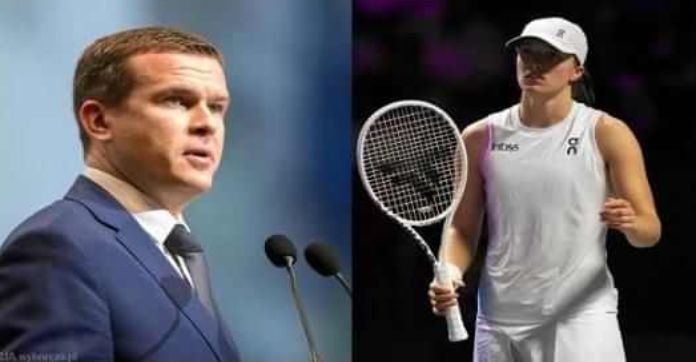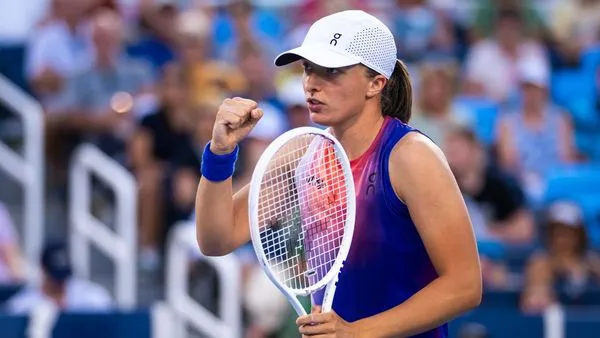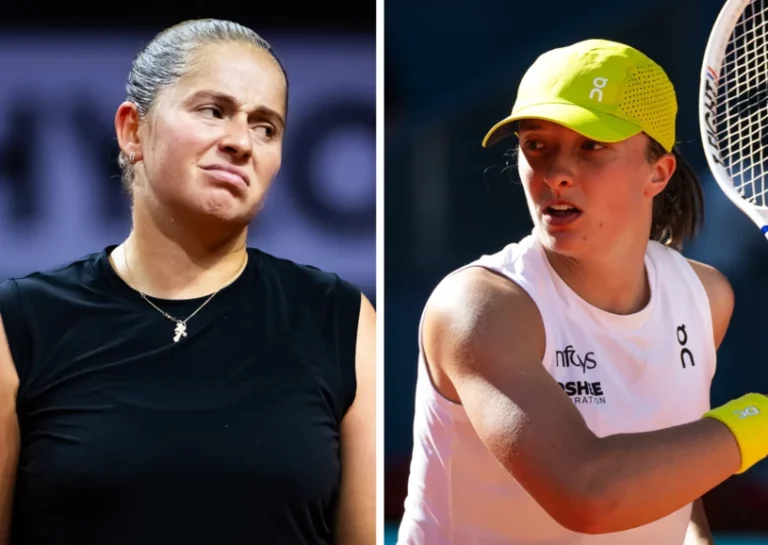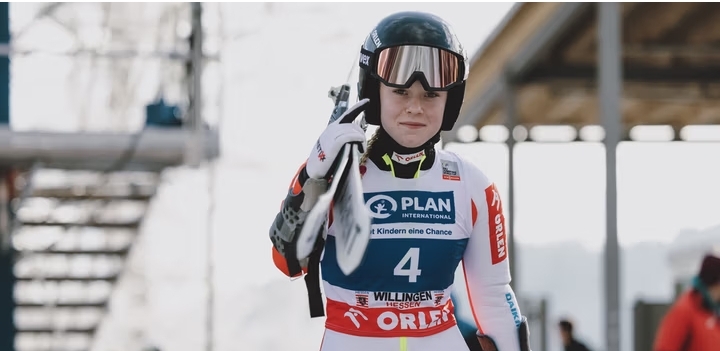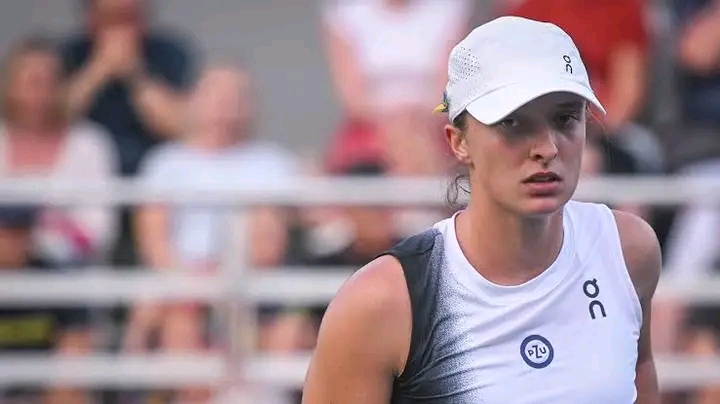Keegan Bradley and the PGA of America Reveal the New 2025 Ryder Cup Selection Criteria: A Departure from Tradition
Keegan Bradley and the PGA of America Reveal the New 2025 Ryder Cup Selection Criteria: A Departure from Tradition
In the midst of the New York skyline, Keegan Bradley, alongside the PGA of America, officially unveiled the much-anticipated selection criteria for the 2025 Ryder Cup, igniting a fresh wave of speculation and excitement. Set against the backdrop of Team USA’s disappointing performance in Rome in 2023, where the Americans were handed a devastating defeat by the Europeans, the changes for 2025 are drawing significant attention. While the process mirrors the one used for the 2023 Ryder Cup in many ways, there is one key modification that could drastically alter the composition of the team—and it may send shockwaves through the golfing world.
Gone are the bonus points for winning majors, a decision that sets the 2025 Ryder Cup apart from its predecessor in a profound way. In 2023, major champions were essentially fast-tracked onto Team USA through a lucrative point system that awarded two points for every $1,000 earned at The Masters, PGA Championship, U.S. Open, and The Open. This formula guaranteed the automatic qualification of several major winners, including Brooks Koepka, who, in a groundbreaking moment, became the first active LIV Golf player to capture a major title at Oak Hill.
But in 2025, there will be no such pathway. The reward structure for major champions has been stripped down to the bare minimum. While players will still earn 1.5 points per $1,000 in prize money at the majors—a system carried over from 2023—there will be no additional bonus points for the coveted major victories. This move effectively eliminates the premium status that major winners previously enjoyed, and in turn, levels the playing field. The implications are significant: should a LIV golfer like Koepka claim a major in 2025, they will not receive the preferential treatment that propelled Koepka onto the team two years prior.
Koepka’s historic win at the PGA Championship in Rochester in 2023 put him on a near-certain trajectory to qualify for the Ryder Cup. Throughout most of the season, he remained among the top six players in the Ryder Cup standings, positioning himself for an automatic berth. However, the final rankings told a different story, as Koepka narrowly missed out on the top six by the slimmest of margins, finishing seventh after the 2023 BMW Championship. Despite this, his exceptional play and undeniable talent left U.S. Team Captain Zach Johnson with no choice but to use one of his six captain’s picks on Koepka, making him the first active LIV player to represent the United States in the Ryder Cup.
The structure for the 2025 Ryder Cup remains consistent with the previous edition, with the top six players automatically earning spots on Team USA. Bradley, the newly appointed captain, will have six captain’s picks at his disposal—mirroring Johnson’s approach in 2023. Yet, despite the structural similarities, Bradley’s approach signals a subtle yet critical shift in strategy.
Bradley has made one thing abundantly clear: the composition of his team will not be dictated by tour affiliations or the quirks of the point system. “I’m going to take the 12 best players,” Bradley firmly stated during Tuesday’s press conference. “So if we feel like there’s a few guys there, one guy, two guys, whatever it is, then we’re going to do that. But we’re too far out to figure out how this is all going to play out. But we’re definitely going to take the 12 best players, however that shakes out.”
This statement underscores Bradley’s commitment to assembling a team capable of reclaiming Ryder Cup glory, regardless of which tour his players represent. In an era where the sport is increasingly fractured between the PGA Tour and LIV Golf, Bradley’s focus on merit and performance above all else is a bold stance that could redefine how the U.S. team is built.
The selection criteria for 2025 extends beyond just the majors, giving all American players, including those on LIV Golf, the opportunity to earn valuable Ryder Cup points. Points will be accrued at the four major championships—The Masters, PGA Championship, U.S. Open, and The Open—as well as at The Players Championship in 2024. For each of these five events, players will earn one Ryder Cup point for every $1,000 won, establishing a baseline for qualification. Notably, Scottie Scheffler and Xander Schauffele have already cemented their spots at the top of the current Ryder Cup standings, demonstrating early dominance.
As the 2025 season progresses, the race for Ryder Cup points will heat up, particularly when the PGA Tour events resume on January 1, 2025. From that point through the conclusion of the BMW Championship on August 17, 2025, players will earn one point per $1,000 earned in PGA Tour events. The BMW Championship, the penultimate event of the FedEx Cup Playoffs, will serve as the final qualifying event, adding a climactic twist to the Ryder Cup race. The Players Championship will also be included in this window, providing another high-stakes opportunity for players to earn their spot on the team.
Yet, not all events will count towards Ryder Cup qualification. In a move that reaffirms Bradley’s focus on elite competition, opposite-field events, such as the Corales Puntacana Championship, will not be part of the points system. To earn their way onto Team USA, players will have to compete in regular PGA Tour events against the strongest fields.
This rigorous selection process is a testament to Bradley’s desire to field only the finest talent the U.S. has to offer. As the Ryder Cup approaches, it is clear that Bradley will stop at nothing to assemble a team capable of avenging the painful loss in Rome and reclaiming the trophy on home soil.
With so much at stake and a revamped selection process in place, the road to the 2025 Ryder Cup promises to be a thrilling journey, filled with fierce competition, career-defining moments, and potentially controversial decisions. But one thing remains certain: when the dust settles, Bradley’s team will be comprised of the best of the best, ready to face their European rivals with everything on the line.

